Just like us humans, animals are susceptible to suffer when exposed to extremes in temperature, so they need to be protected.
Regardless of whether it’s extreme heat or cold, there are some steps that you need to take in order to keep your animals alive. Since you’re going to be relying on your livestock for food and hides, you need to know how to protect your farm animals and chickens from extreme weather.
Water
During extremes in temperature, animals use more energy to either cool down or stay warm. As a result, they will be drinking more water in order to stay hydrated. Make sure that water supplies stay full and that the water stays fresh in order to keep your animals healthy and to keep your milk and eggs coming.
In the winter, freezing is going to be a problem so make sure that your animals have access to water at all times even if you have to go knock holes in the ice throughout the day. Chicken waterers freeze especially fast because they’re so small so check them every few hours when the temps are below freezing.
Food
Since your animals are using more energy in extreme weather, they’re logically going to need more food to maintain their weight and keep producing milk and eggs. If it gets extremely cold, you can always make a warm mash for them if you’re so inclined. Just like people, hot food warms bellies.
Make sure that your hay is mold-free when you feed it. Cows don’t like to eat it with mold and it can literally kill your horse. The easiest way to make sure that your hay remains fresh is to give it plenty of drying time after you cut it but before you bale it, and store it in a cool, dry place.
Shelter
Most cows and horses are pretty hardy but they still need good shelters to protect them from freezing winds and blistering sun. Animals can get sunburn and frostbite just like people can. You don’t have to have anything fancy but you DO need to provide something serviceable to protect them.
For your large livestock, a well-built barn is fabulous but if you don’t have that, make sure that they at least have a shed or lean-to that they can use to get away from rain, wind, and sun. Chickens usually do OK in the heat, but they need a little extra care in the winter, and enough light to lay eggs, in the winter.
Build the coop off the ground and make it as airtight as possible. Make sure that they have plenty of perch space so that they don’t fight. They’re not big fans of walking in snow so you may want to throw down a tarp or something else that’s easy to sweep off so that they have somewhere to walk. Fresh hay in the laying boxes will help keep them warm, too.
Finally, if you have chickens with longer beards or combs, they will be more susceptible to frostbite.
Video first seen on Spring Chicken Media.
Exercise
Animals need exercise just like people do. Chickens won’t produce eggs if they’re constantly cooped. Horses will start to develop bad habits such as cribbing or weaving if they don’t get exercise daily. In a survival situation, you’re not going to be keeping coats in show condition so they’ll have longer coats to keep them warm. Let them out even if it’s only for a couple of hours.
Poaching
We ARE talking about protecting your farm animals and chickens in extreme weather and in a survival situation, when poaching will likely be an issue.
People will be scavenging for food and if your livestock or chicken coop is easily accessible and undefended, you’re going to be easy pickin’. Think about that when you build your coop and barns, if possible. Build them so that you can see the doors. Make sure that your fences are strong and in good repair. If you can, bring the herd into a corral at night and lock your barns and chicken coop.
Posting some signs may not be a bad idea if your animals are visible, though they won’t keep many people out if they’re starving. Still, knowing that the place is being defended may make somebody think twice. A big dog or two in the barns won’t hurt, either. Just do the best that you can.
How best to protect your farm animals and chickens in extreme weather is going to depend on how large your herds are, what type of animals you have, and how extreme the weather actually gets. Providing the basics – food, water, shelter, and protection from poachers – will go a long way toward keeping your meat, milk, and egg suppliers safe in a SHTF situation.
This article has been written by Theresa Crouse for Survivopedia.


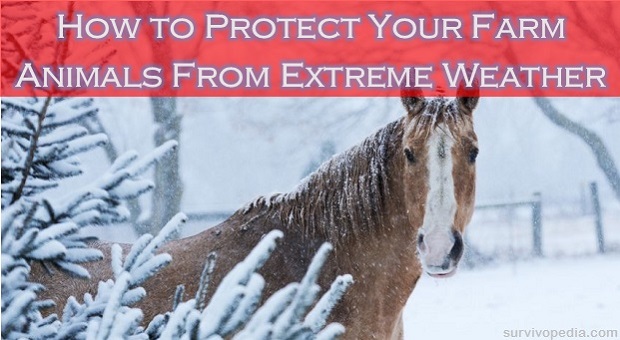

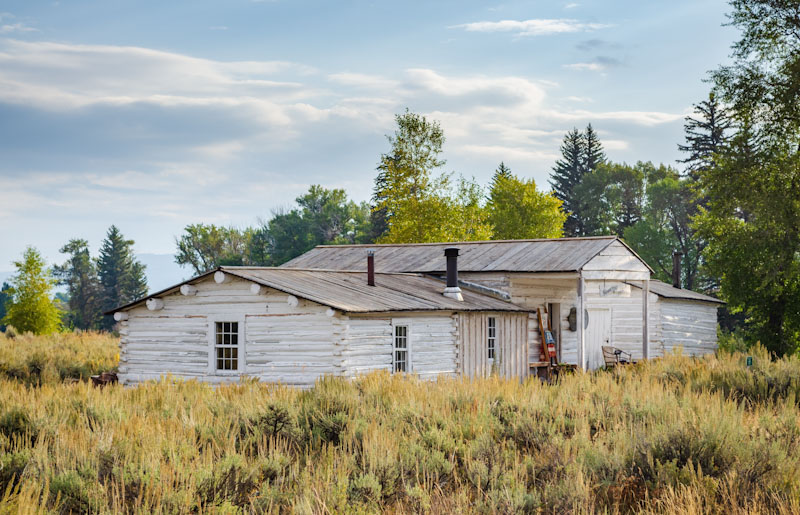
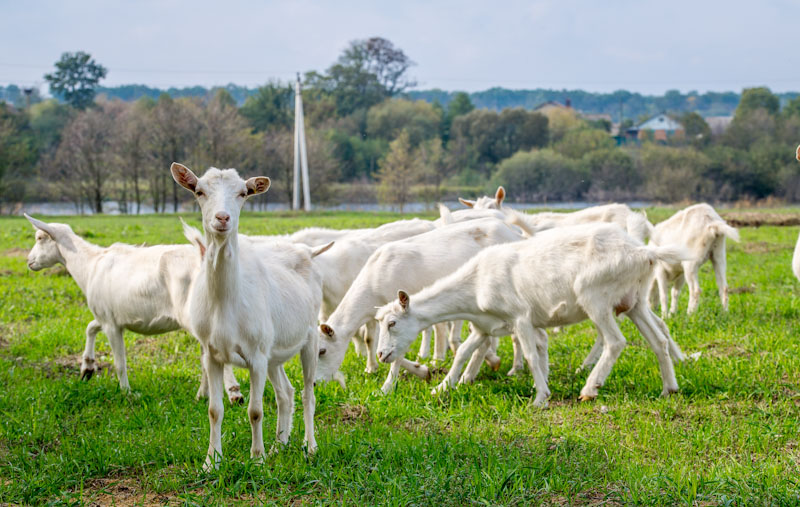
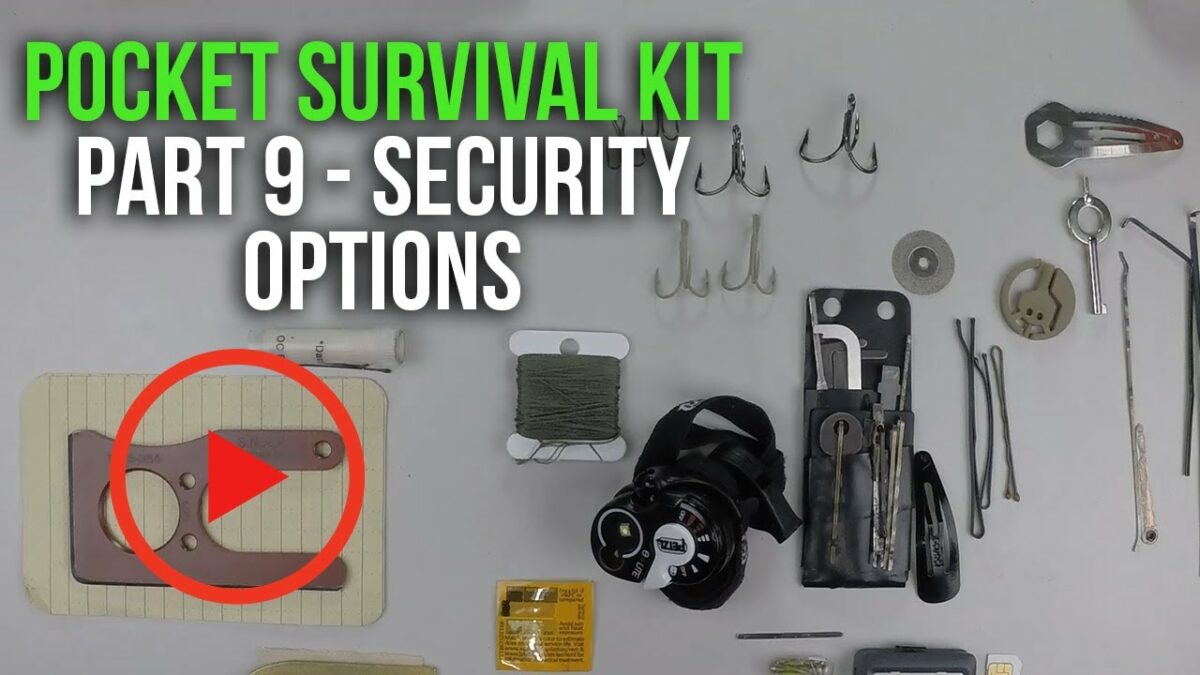
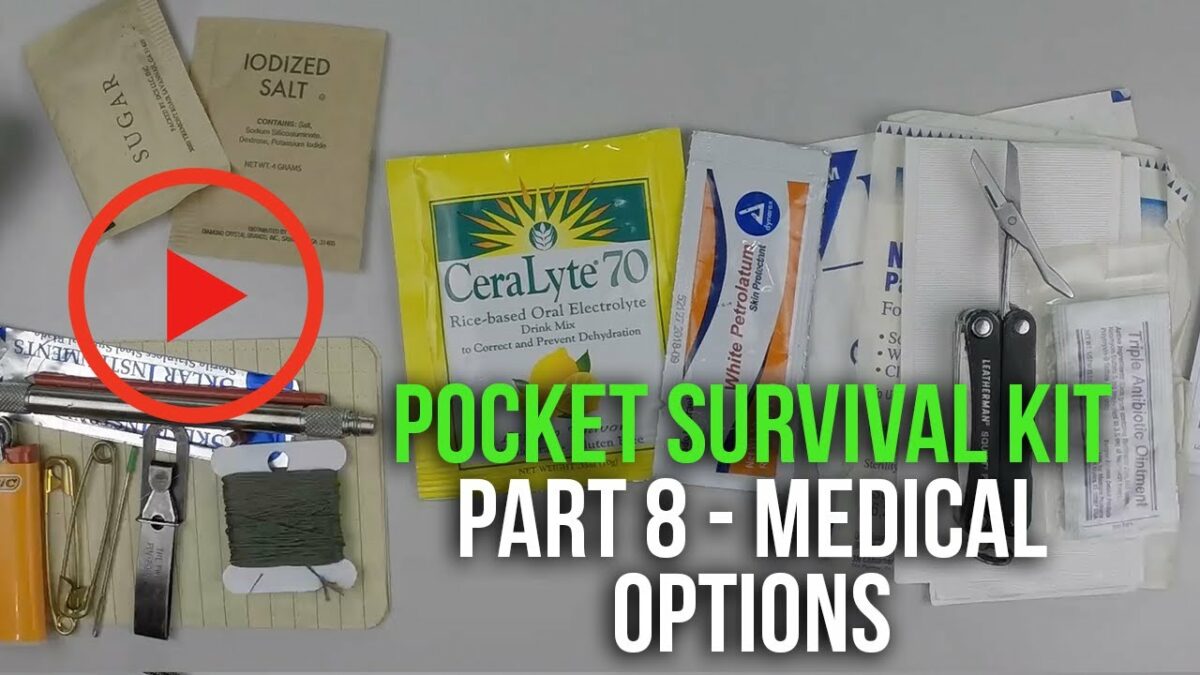

Pingback:How to Protect Your Farm Animals From Extreme Weather | Survivalist Basics | Be Prepared For Anything! | November 16, 2014
|
Jane Locacio | November 16, 2014
|
Just a few comments on the chickens — if you are in a frigid/snowy winter climate, these are suggestions, based on experience.
First — select chickens known to be cold hardy — your hatchery can advise you.
Second — chickens do not do well in an “airtight” environment…a deep (6-8 inches) litter (shavings) floor kept dry in a well-ventilated coop is much better, even in the cold
Third — it is true that chickens do not like to walk in the snow but a better solution than a tarp is for a human to walk a few paths in the snow, and stomp down a few feeding areas — exercise will help keep the chickens warm, too — feed them in a few different spots and much more than in the summer. Add meal worms or other live protein to their grain/meal feeding. Cooked protein is good too, if you can spare it. Chickens will eat anything, so leftovers/bones/etc are good.
Fourth — train your chickens to drink water from a bucket — in the summer, this is handy as you can have a few buckets out for your dogs, cats, goats, chickens as they will all share, and in the winter, a heated bucket of water in the coop or the feeding area will be accepted as normal
Fifth — for all things “chicken”, http://www.nortoncreekfarm.com is an excellent resource. Although not in the bitter cold, the tips, pointers, and experiences of raising free-range chickens are invaluable. This is not my website, just one I found most useful when I was a novice at chickens in upstate NY — where it was very cold and very snowy
Last — if you want to keep your chickens laying all winter, they need at least 14 hours of light per day — depending on the size of the coop, you can accomplish that with an incandescent light bulb which will add some heat as well. I do not know if the bright white LED lights will work — needs to be the broad spectrum of natural light. However, winter is supposed to be a “rest” period for the hens, so pushing them to lay may shorten their productive life…it is a trade-off that each person should evaluate in their own circumstances.
keith | November 17, 2014
|
We used an 8″ auger and drilled 2 – 4 foot deep holes below our water trough. Then burmed around the trough. Built a sjhelter to keep the snow and wind from the water. The heat from the ground keeps the the trough from freezing. We live in central missouri.
Pingback:How to Protect Your Farm Animals From Extreme Weather | TheSurvivalPlaceBlog | November 18, 2014
|
Pingback:Winter Preparedness for Pets | The Prepper Dome | December 14, 2014
|
Pingback:Winter Preparedness for Pets | Survival skills, survival guns, survival guide | December 15, 2014
|
Pingback:Survival Farming: How To Protect Animals From Heat | Survival skills, survival guns, survival guide | July 30, 2015
|
Pingback:Survival Farming: How To Protect Animals From Heatdisasterdefense.usdisasterdefense.us | disasterdefense.us | July 30, 2015
|
Pingback:Survival Farming: How To Protect Animals From Heat | TheSurvivalPlaceBlog | July 31, 2015
|
Pingback:Survival Farming: How To Protect Animals From Heat | TheSurvivalPlaceBlog | WORLD ORGANIC NEWS | August 2, 2015
|
Pingback:7 Tips On Getting Your Honeybees Ready For Winter | Survivopedia | June 21, 2016
|
Pingback:What You Need to Do for Your Livestock This Fall | Survivopedia | September 26, 2016
|
Pingback:11 Tips On How To Survive A Polar Vortex | Survivopedia | December 20, 2016
|